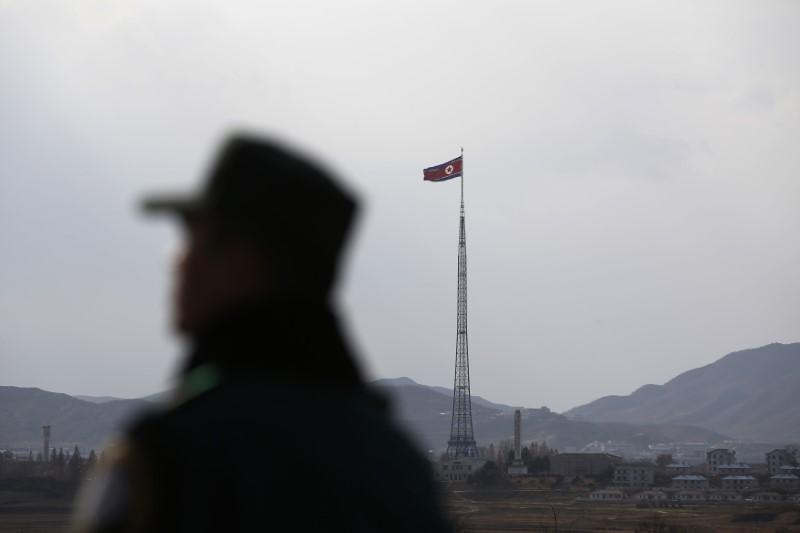A global COVID-19 vaccine sharing platform has lowered the number of doses allocated to North Korea, as the country refused to make any delivery arrangements for the U.N.-backed immunization program.
The number of vaccine doses allocated by COVAX for North Korea stands at 1.54 million doses, down from 8.11 million doses allocated last year, according to the United Nations International Children’s Emergency Fund’s (UNICEF) website.





